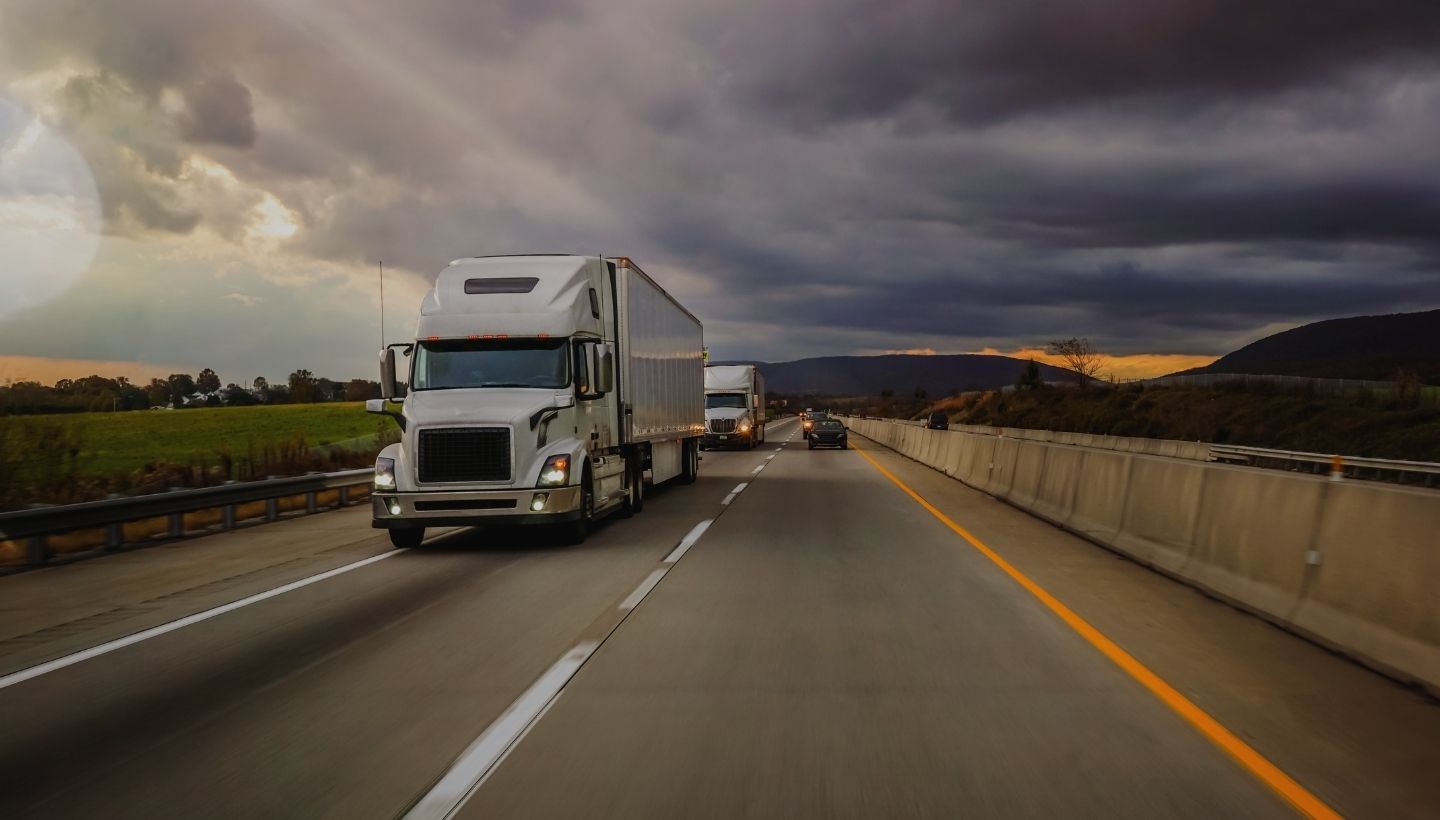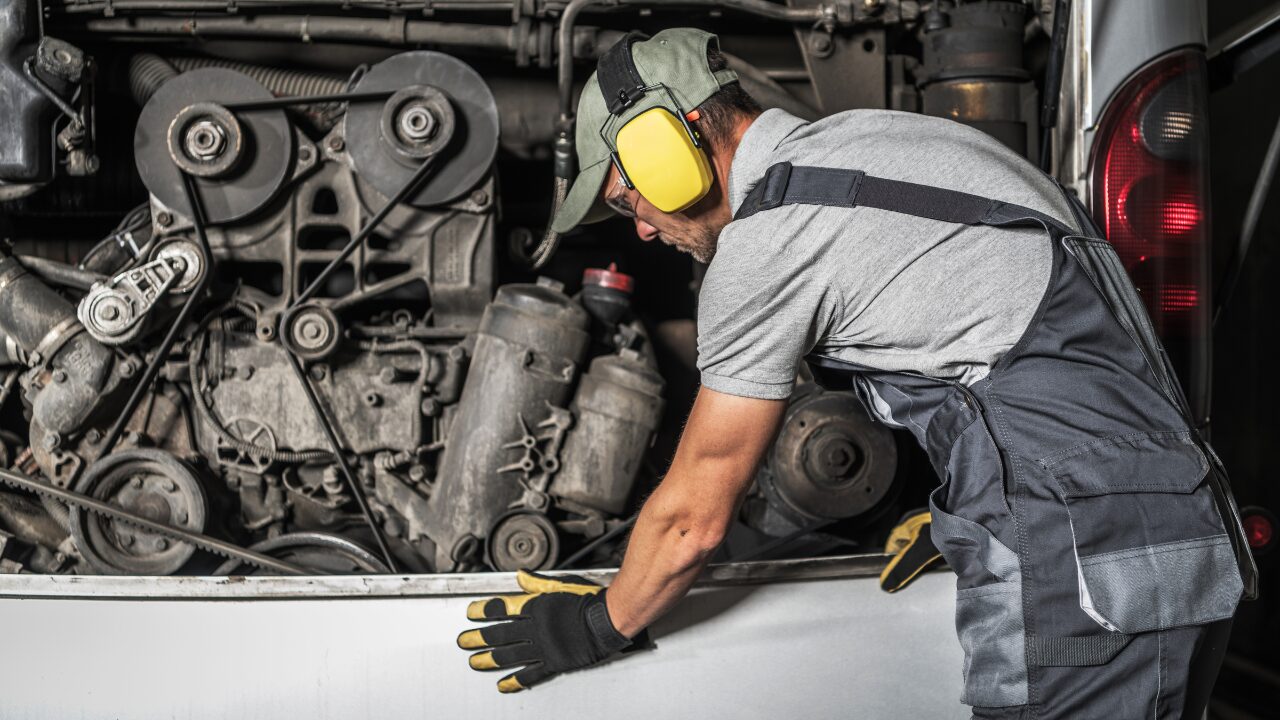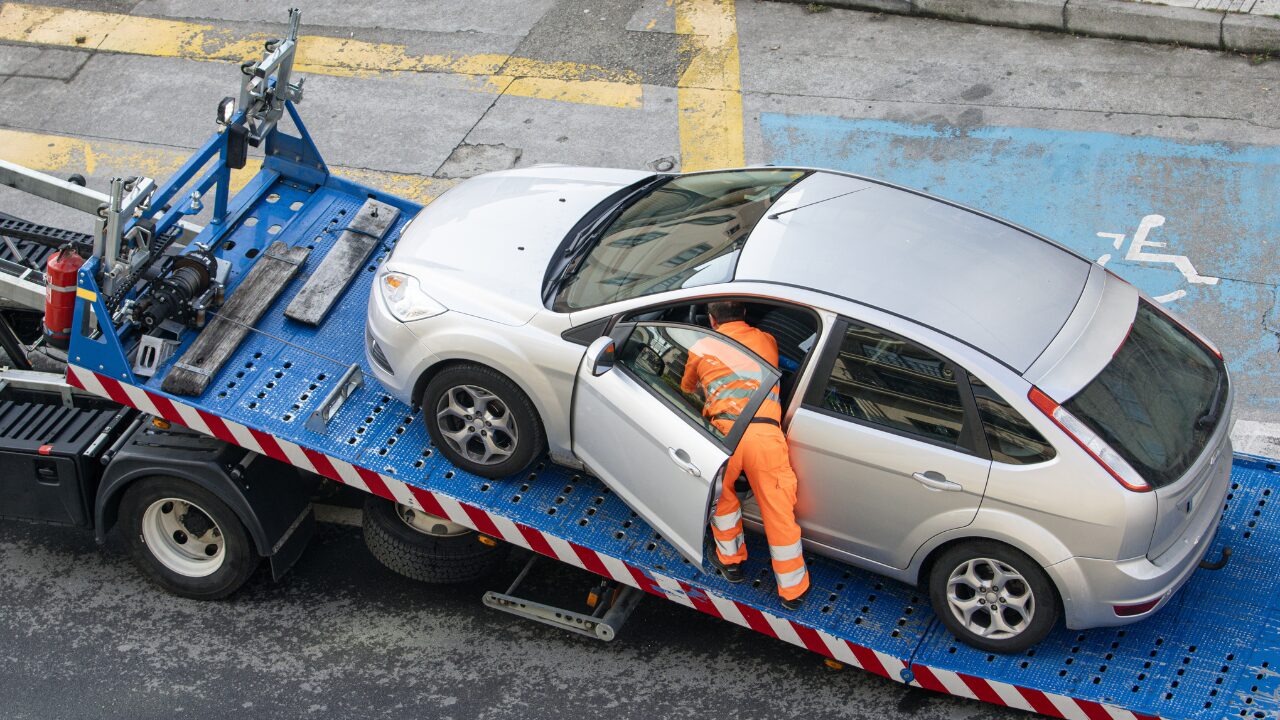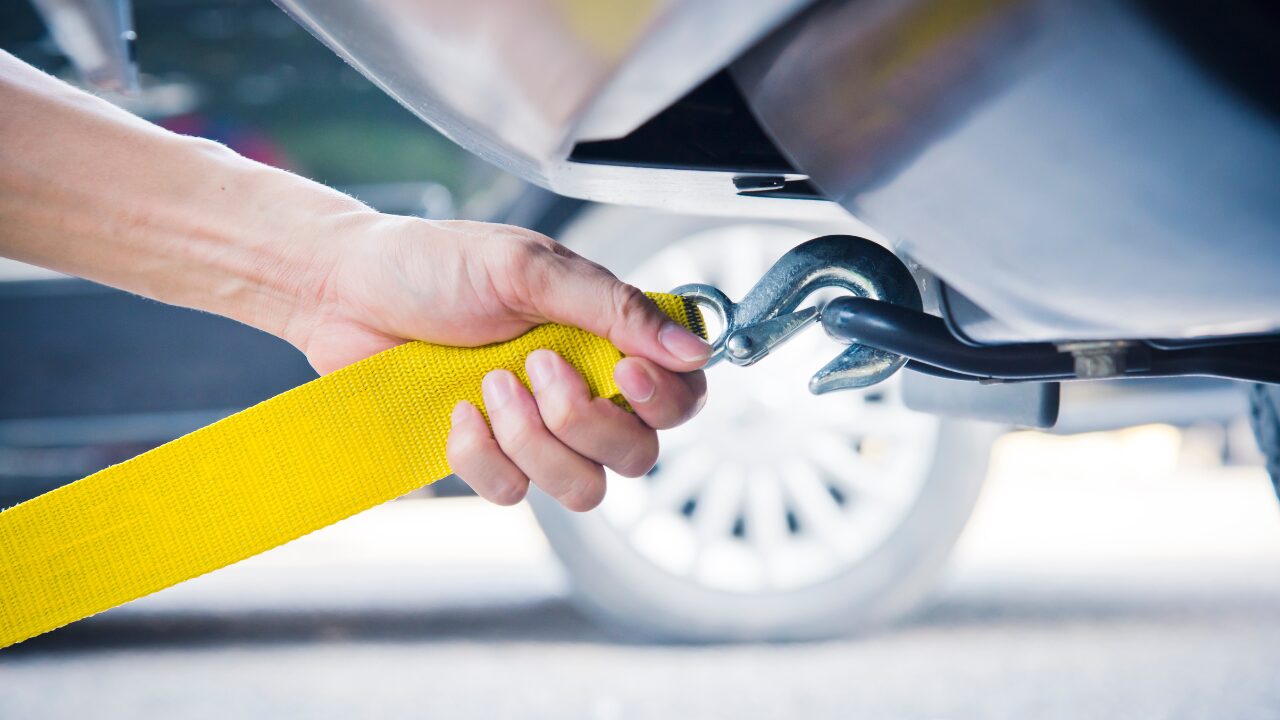Read the full article on PYMNTS.com
The company said in a press release on Thursday (Sept. 26) that it has added Automated Clearing House (ACH) functionality, as well as direct billing, to the RoadSync platform. The additions provide more options for clients – including freight handlers, trucking companies and warehouses – to invoice their business customers and accept payments.
The direct billing function allows users to track payments and charges over time, and then consolidate those charges into a single invoice. Users can bill their clients directly on a weekly or monthly basis, RoadSync explained in its announcement, pointing to the example of one company handling one thousand loads every month. Historically, these companies would manually track and input transaction information into their accounting and billing platforms. RoadSync’s update allows these firms to automate the direct billing process.
The addition of ACH payments supports users’ ability to offer their clients a recurring payment option and make payments straight from a bank account. It adds to the platform’s existing support for credit cards, debit cards and checks, the company said.
“Customers now have a one-stop solution that works for both real-time transactions and direct billing, allowing them to track payments in real time, but bill on a different schedule,” explained RoadSync CEO Robin Gregg in a statement. “This addition gives customers more control in handling their payments.”
In July, RoadSync announced its integration with QuickBooks, allowing companies in the logistics sector to automatically move transaction data stored in RoadSync into the QuickBooks platform for accounting, reconciliation and analytics.
Soon after, Gregg spoke with PYMNTS about the opportunities in digitizing and streamlining B2B payments and accounts receivable in the logistics space as industry players demand mobility and flexibility.
“Companies in the logistics ecosystem are often trying to invoice and collect payments in real time, and they’re all mobile,” he said. “If you’re a repair shop, you might be trying to collect payment alongside the interstate. If you’re a small carrier, you might be literally on the road trying to collect payment.”





